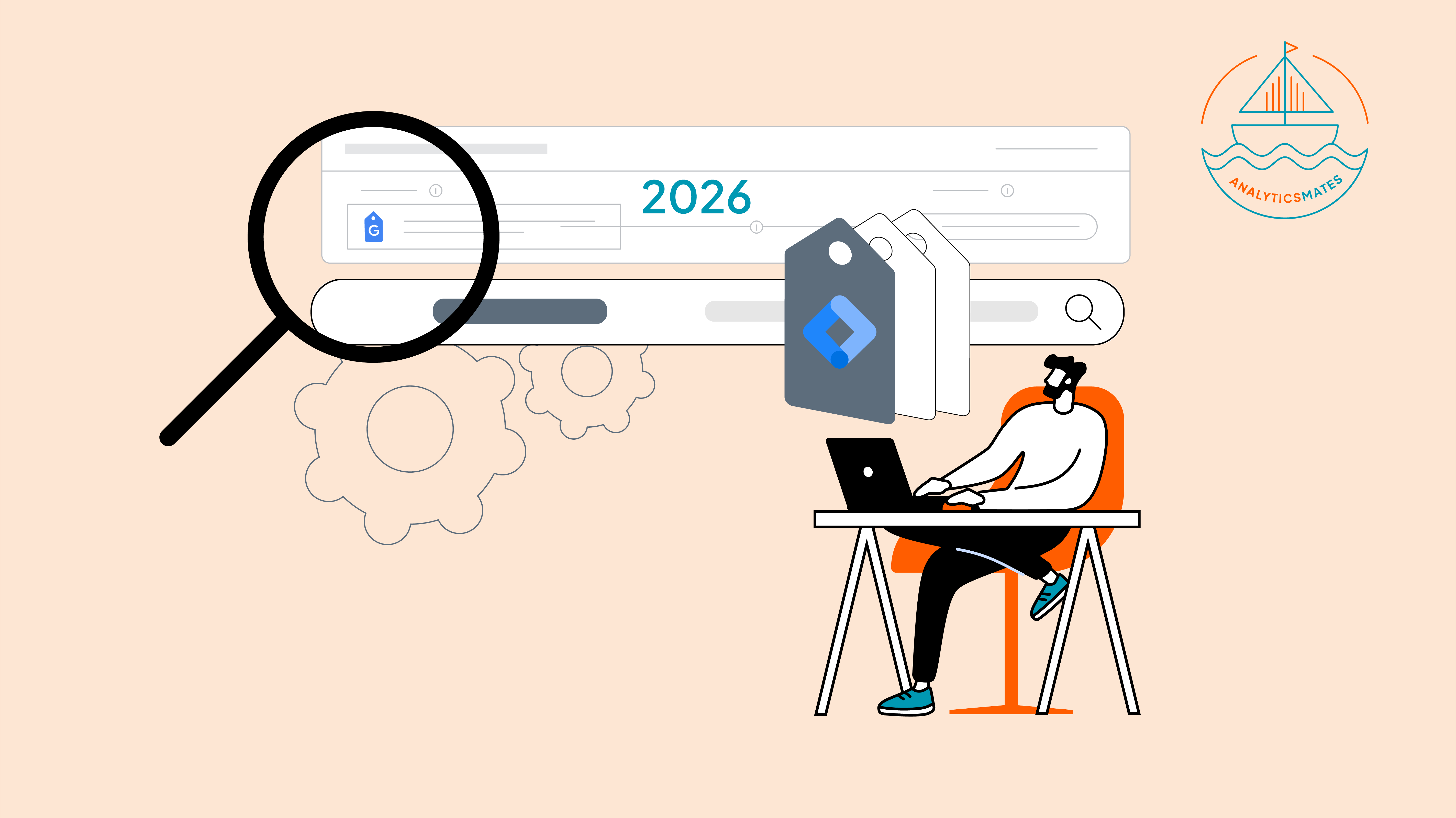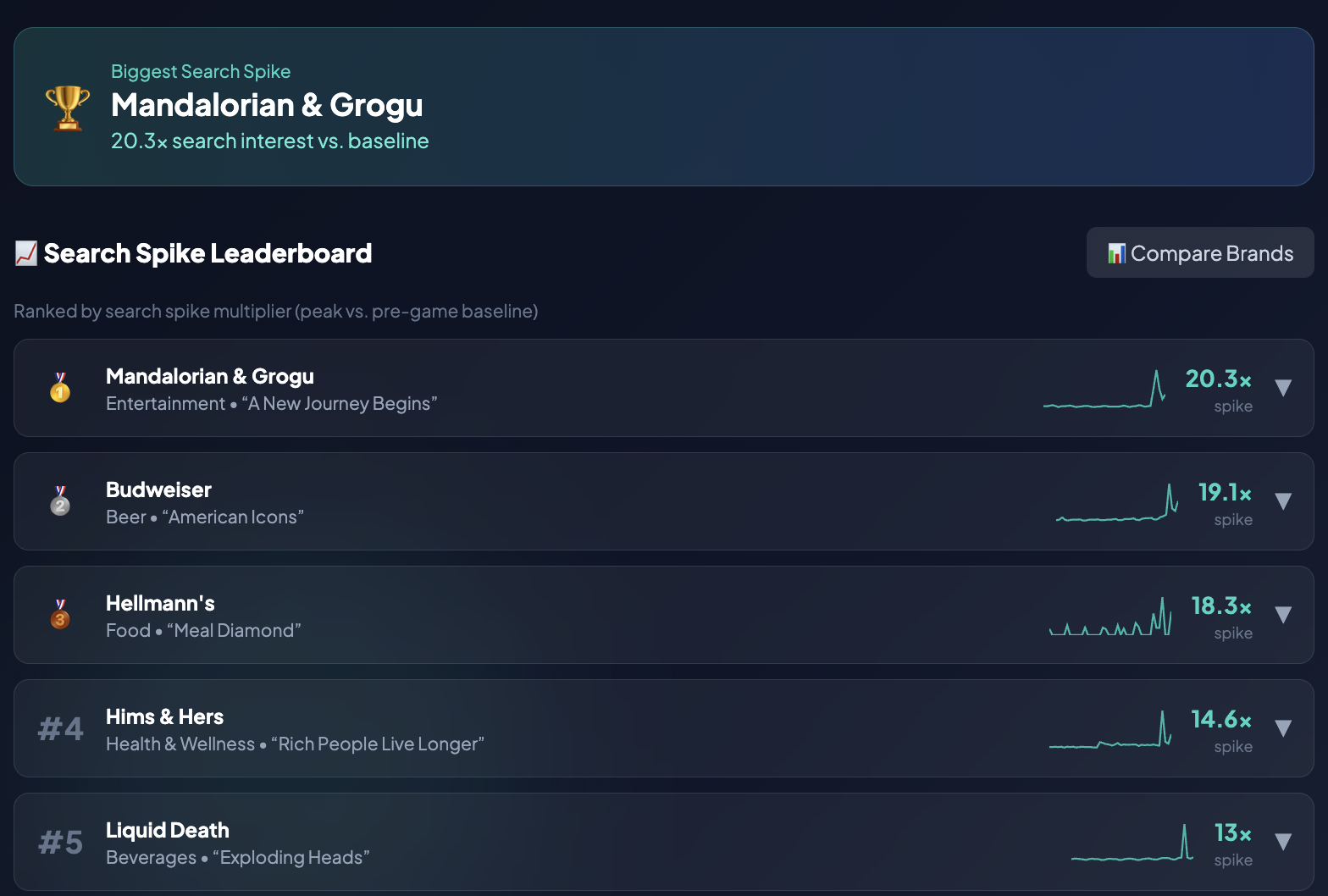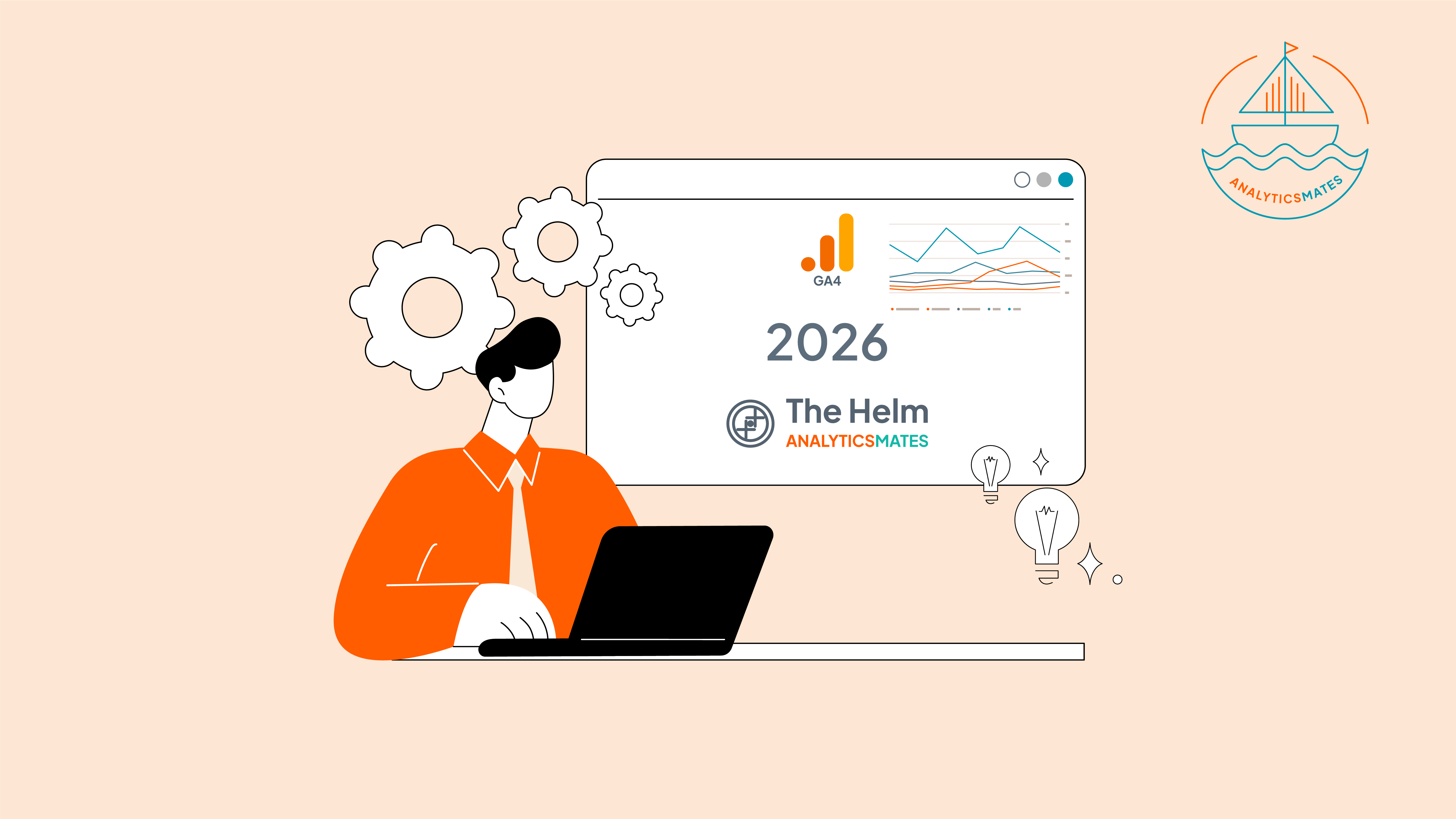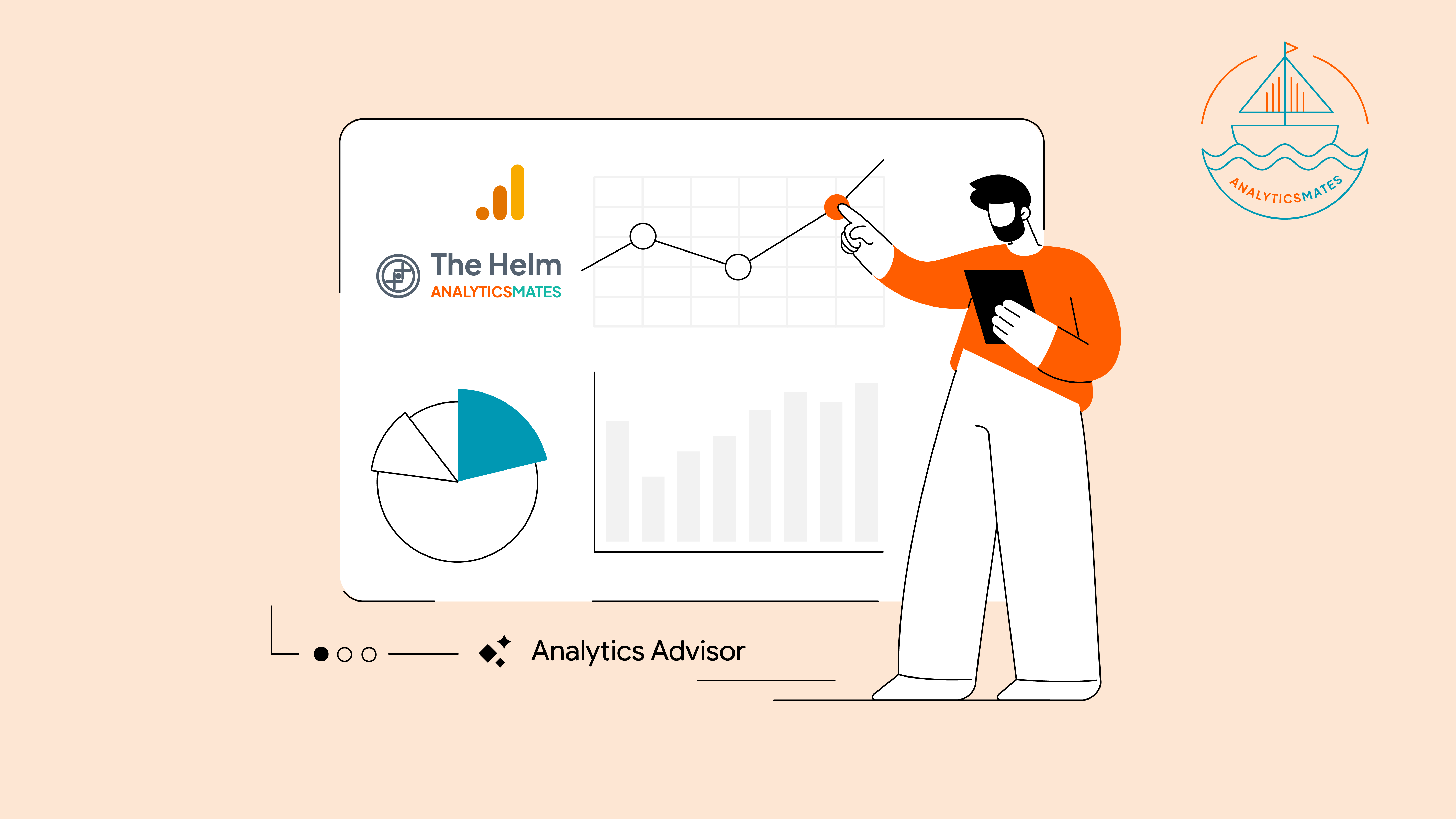Knowing how long Google Analytics 4 keeps your data is important for making smart decisions and getting useful information. Let's simplify the idea of GA4 Data Retention and talk about what it means for your website's data and why it's important in this blog post. Even though Google Analytics has a long guide on this, let's break it down for you.
What does GA4 Data Retention mean?
GA4 Data Retention just tells you how long Google Analytics 4 keeps different kinds of data about users and events before it deletes them on its own. This includes things like data about users, sales, and event statistics. Let's go over some important points that will help you understand this idea better.
What are the options for the GA4 data retention period?
Under GA4, all user-level and event-level info is kept for two months by default. This includes data about demographics, user paths, sales, and certain events.
You can choose to keep all of your info for an extra 14 months by hand. This is for a standard Google Analytics account. For 360 Google Analytics accounts, you’ll have the option to extend it to 26, 38 and 50 months. Here are the steps on how to configure your retention settings:
1. In your GA4 property, click Admin
2. Under Data collection and modification >click Data retention

3. On the Data retention page you can set the Data retention period to 2 months or 14 months

Key points on GA4 Data Retention
Explorations vs. Standard Reports:
Standard (Aggregated) reports use aggregated data without individual user information, retaining it indefinitely. Which means GA4 Data Retention is not applied to standard reports. This means you can always access historical trends and aggregate insights in standard reports, even if you choose a shorter retention period for user-level data.
Custom reports in "Explorations" on the other hand only retain data for the chosen date range (default 2 months, maximum 14 months).
Free-form Explorations with anonymized data:
While Free-form Explorations can potentially use user-level data, you might be able to anonymize it through techniques like data bucketing or aggregation. If successful, the anonymized data wouldn't fall under the Data Retention setting and you could view it beyond 14 months.
Reset on new activity:

We feel like this option is underrated - the "Reset on new activity" applies specifically to user-level data retention. When enabled, any user activity after a specific period (like a new session) resets the countdown for deleting that user's data. So, imagine you set a 14-month retention period with this option on. If a user visits your site, their data is scheduled for deletion after 14 months. But if they return even a day later, the counter restarts, essentially giving them another 14 months before their data is deleted. This effectively extends data availability for active users while still adhering to your chosen retention period. Remember, it does not apply to aggregated data, only user-level information.
It’s Not Retroactive
Changing the retention period won't affect data already collected and stored. It only applies to data collected after the change.
Imagine your GA4 data as documents in a filing cabinet. Changing the data retention period is like updating the office policy for shredding future documents. Past documents (collected data) stay untouched, while only new ones follow the updated retention deadline. This separation ensures efficient data management and doesn't retroactively alter existing information, but remember it means historical user-level data beyond the new period may become inaccessible in Explorations. Consider exporting reports or longer retention periods if needed.
Modifying GA4 Retention: Propagation period
Whenever you modify the retention period, Analytics waits 24 hours before implementing the change. During this 24-hour period, you can revert your change and your data will be unaffected.
Are there options to access data beyond 14 months?
Here are some of the things you can do if this requires your business needs:
- Export reports: If you need specific data beyond the retention period, you can try exporting reports before the deletion deadline. Exported data is not subject to GA4 Data Retention and remains accessible as long as you keep the file.
- Increase retention period: If you require longer-term access to user-level data, consider increasing your data retention period to a higher setting (26 months or "Do not automatically expire"). However, this decision needs to be made carefully, considering privacy implications and data storage costs. Meaning you need to upgrade to a premium account.
So, as we are about to wrap this up, I still have one question - Why is Google Analytics introducing this feature in the first place? Let us explain this by using this analogy.
Imagine GA4 data is like photographs you take on your phone. With data retention, you decide how long each photo stays in your gallery before being automatically deleted. Here's how it helps:
- Privacy: You give people control over their "photo" (data), similar to how privacy laws grant them rights over their information.
- Compliance: If you're a photographer working in a specific field, you can adjust retention based on its regulations, just like businesses adapt to industry rules.
- Storage space: Keeping every photo forever takes up space and costs money. Deleting old ones, like setting a retention period, frees up space and saves costs.
- Future-proof: As photo policies might change, having control over storage lets you adapt, similar to GA4 adapting to future privacy regulations.
Frequently Asked Questions about GA4 Data Retention
What happens to deleted data?
It's permanently gone. Consider exporting before deletion if needed.
What happens to the data Google Ads collects when I change how long GA4 keeps it?
You can change how long Google Analytics 4 keeps track of your website or app usage data (2, 14, or 26 months), but this won't change how long Google Ads data is kept (18 months). Think of them as independent systems - each stores and utilizes information according to its specific purpose and regulations.
Do any limitations apply to the data retained beyond 14 months?
Yes, age, gender, and interest data always adhere to a 2-month retention period regardless of your settings. While you can extend most GA4 data retention up to 14 months, age, gender, and interest information are always deleted after 2 months. This stricter limit prioritizes user privacy compliance and minimizes long-term storage risks, as these categories are sensitive and can change quickly, offering limited analytical value over time.
Final Word
In conclusion, if you want to get the most out of Google Analytics, you need to know about GA4 Data Retention. You can make smart choices and follow privacy rules if you know how long your data is kept and what choices you have. It's important to pick preservation settings that work for your business and think about things like privacy and the cost of storing. Use features like data exports wisely. And keep an eye out for updates from Google Analytics to stay on top of changes that could affect your analytics.
Thank you for reading!
We're always trying to make our Google Analytics 4 blog posts better. Let us know what you think so we can improve it even more.
See Article Images
















